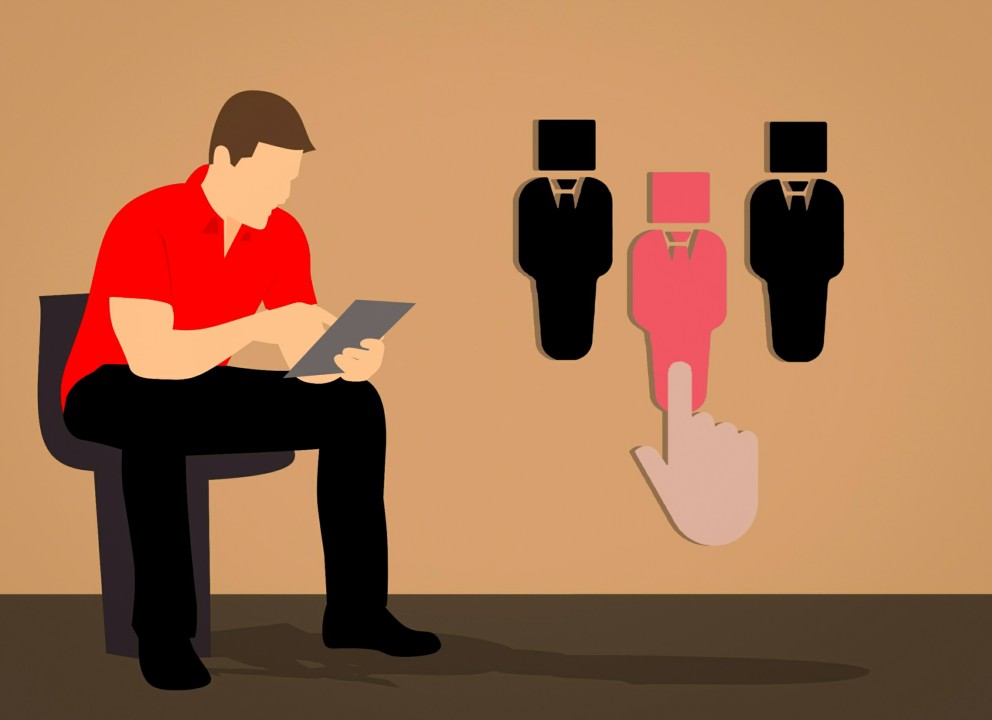Game-Based Learning
Game-Based Learning (GBL) is a dynamic educational method that infuses the principles of gaming into learning activities to increase engagement, motivation, and retention of knowledge. By creating an interactive environment, learners are encouraged to apply theoretical concepts through gameplay, facilitating an active and immersive learning experience.
GBL originated from the game research in the middle of the 1950s, and from the 1980s scholars started the research and practice of integrating games into instruction. With the popularization of electronic games and the transformation of education concepts, people gradually started accepting games as learning tools.
GBL refers to applying games or related elements, concepts, mechanisms or designs into learning, which is a study mode that integrates educational games into school teaching and self-regulated learning. As a result, learners can get immersive learning experiences while mastering knowledge and skills.


